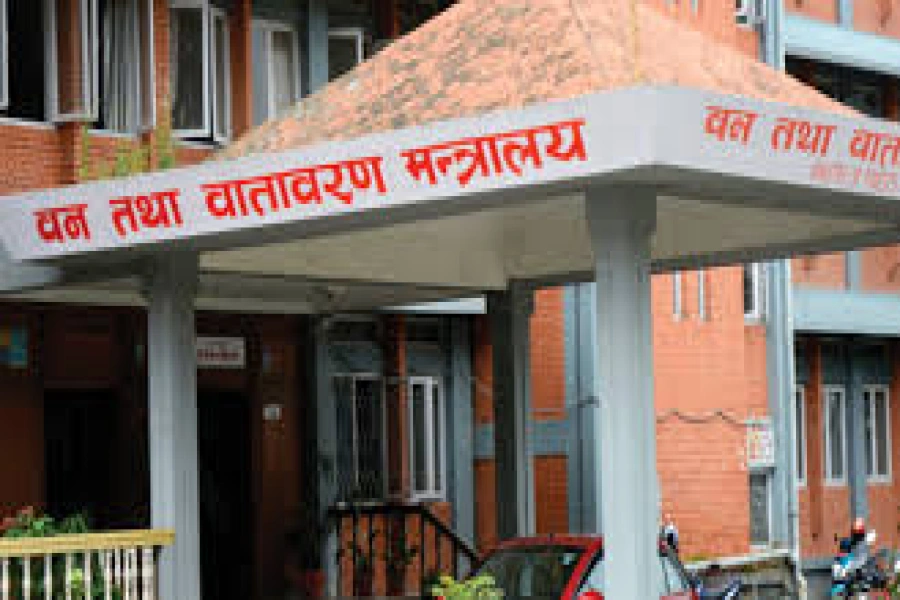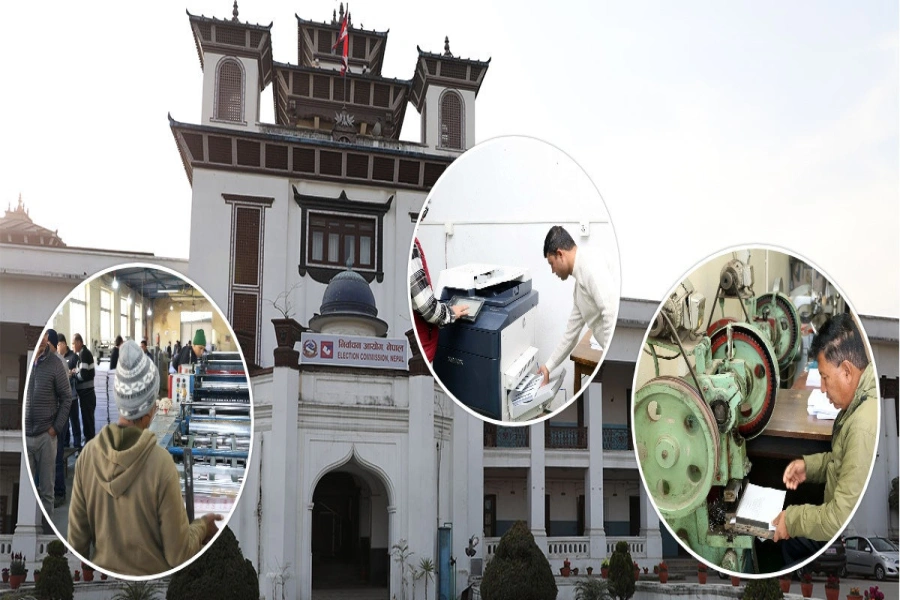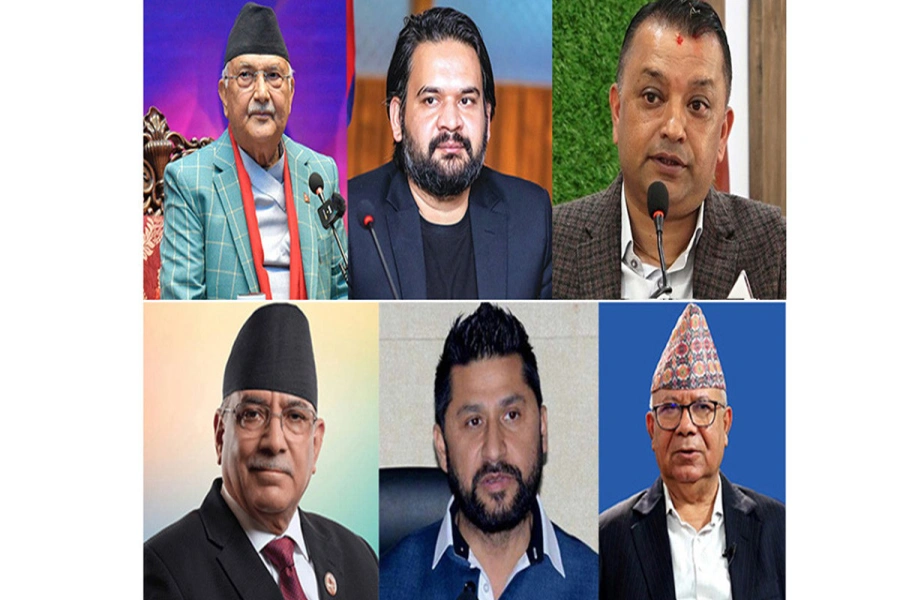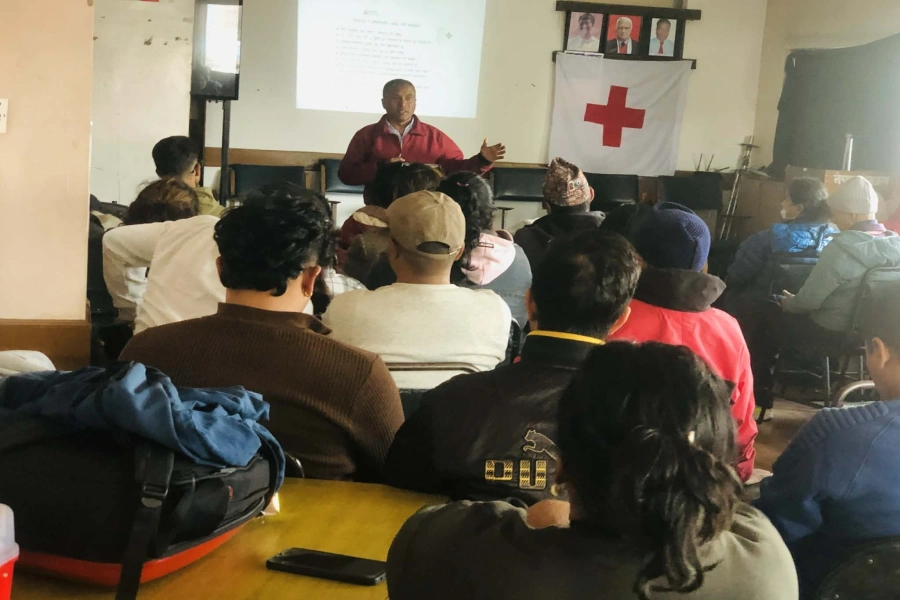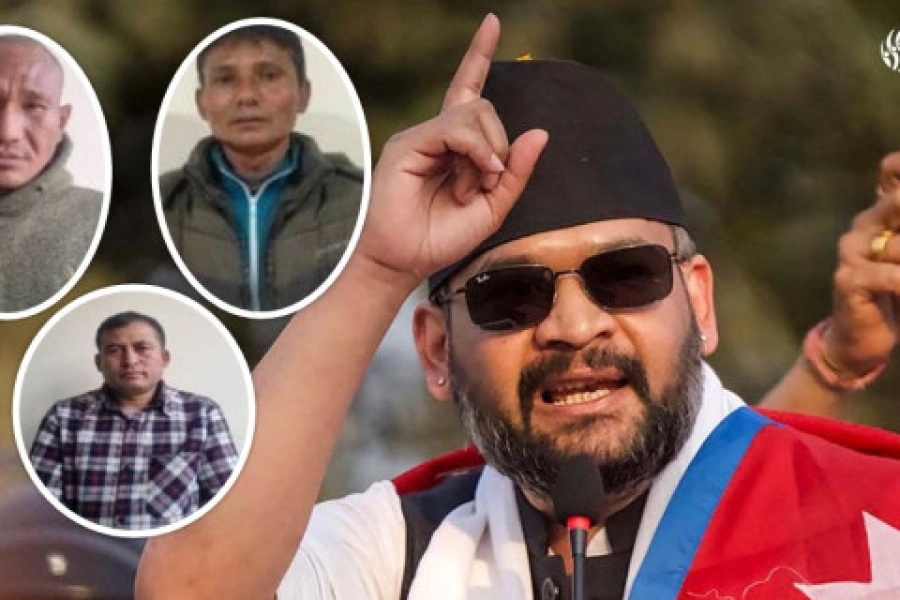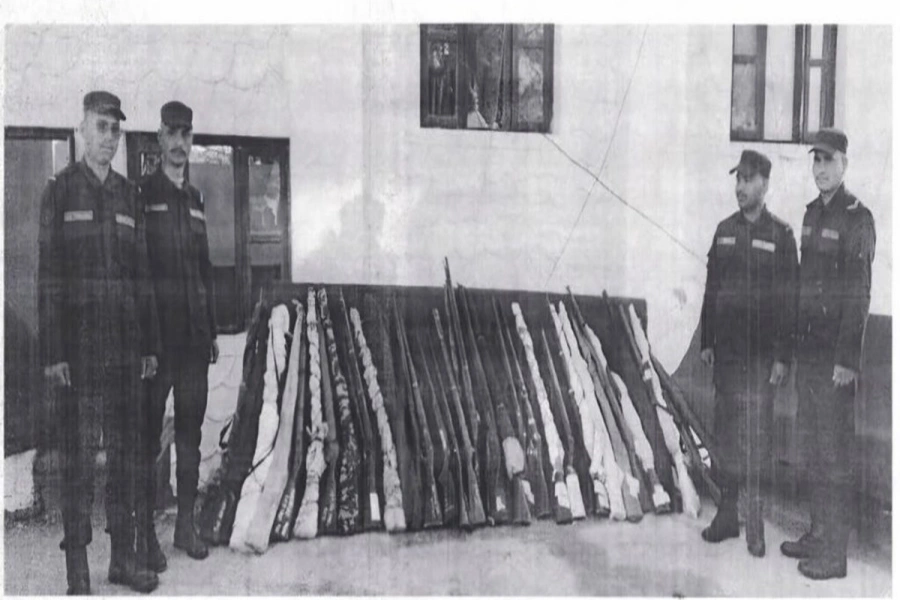Charisma is the lifeblood of politics and PM Oli in many ways enlivens that charisma but this alone is not going to make him a successful leader
Prime Minister KP Oli rose to prominence by gaining victory in the parliamentary election last year. With two-thirds majority support in the parliament and with powerful alliance with Maoist Center, he has become able to form governments in six out of seven provinces. As such he is being touted as one of the most influential leaders in Nepal’s history and is even being compared with some of the great leaders of the past. With his ultra-nationalist prologue and ambitious agendas for prosperity and stability, Oli is being looked upon as a harbinger of stable politics in Nepal.
Charisma, it is said, is the lifeblood of politics and Oli in many ways enlivens that charisma. He largely fits the definition of charismatic authority which corresponds to leadership as defined by Max Weber. When Weber meant charismatic leadership he was talking of a person with an ability to stand out from the crowd, who inspires and invigorates the mass through unique visions and exhilarates them to share their values and needs.
But this form of leadership has its own hitches and perils. It is perilous particularly when the charisma grows for its own sake and the leadership forgets the real purpose. Weber’s charismatic leadership was ultimately driven out by bureaucratic loopholes and institutional degeneration. So it is not just the crisis of leadership that actually adds to instability and stagnation.
Great Leadership: A Road Less Traveled

Institutional decay
Nepal has had visionary leaders in different phases of history. B P Koirala and Madan Bhandari were charismatic leaders with great ideas and visions. So was King Mahendra. Many do not like to call Mahendra ‘charismatic’ for his hostile action toward democracy. But we also have had a fair share of flawed leaders whose ‘charisma’ was sapped by broken promises.
Actually, for the past many years we have only seen flawed politicians bickering about political power and pushing the nation towards hopelessness. Ineffective leadership has time and again invited legitimacy and authority gap thus creating a void in our social, political and economic sphere. Therefore, the quest for strong leadership and political stability has remained a long wait for Nepal. Despite having vision, our leaders have failed time and again because of sheer inefficiency to construct an effective political structure that could streamline the governance system and provide efficient and transparent direction to the administration.
As a result, even leaders who succeeded in specific historical events have failed in longer term political process because of the absence of proper political structure and institutions. Obsession for power and pelf has become a defining feature of our leadership. This has made them authoritative and unaccountable. Apart from able leaders, we need to revive institutions weakened by years of political interference and stalemate, if we are to change the face of the nation in a true sense.
Leadership is much more than certain characteristics we seek in them. How leaders build their relations with each individual and community at large matters a lot. Given this, every one of us can be a leader. Leaders and followers should remain in a mutually beneficial relationship where each can add value and effectiveness to other.
Many a time leadership crisis is not just about not having right kind of leader. It is also about lacking the kind of rational mass to support and question those in powerful position. In this regard, it is rather a ‘followership’ problem. Good and skilled followers are able to nurture good leadership by helping keep a leader upright and on track. But we seem to have lost this art long ago. People rarely put their leaders under scrutiny. Rather they support them for their own selfish interests.
Look within
For instance, while we say that it is unfair to promote nepotism and favoritism we tend to accept the same for our own personal benefits. We do nothing to make our leaders correct their mistakes. It is so primarily because most of the times selfishness in us impedes us from questioning our leaders. Maybe we have taken some benefits from the leaders in the past or intend to do so in the future. This stops us from interrogating them. Maybe at one point or the other, we have sought help in getting our incompetent lad in the most lucrative job or maybe we want the leaders to land us in a high paying government project. We may also have recently asked them to help in getting our relative a driving license without appearing for the test. The list goes on.
So we are facing the consequences. Our leaders have become prisoners of their own self-interest and that of their followers. This has fostered vicious circle of nepotism, favoritism and corruption. Thus it would be unwise to put entire blame on political leadership and criticize the system without reflecting on our own activities.
The leadership problem, therefore, is more of an intention. The intention of those who lead and those who follow is as important. While we scrutinize leadership vacuum one of the prerequisites of leadership should also be setting realistic goals. But for all these years our leaders turned into nothing else but dream factories.
The eccentric promises of bullet trains, monorails and trams and connecting Kathmandu with Mount Everest with cable cars might add to a leader’s charisma for a certain time. But in lack of concrete plans these promises become meaningless. Therefore people should be mobilized to face challenges by themselves by providing hope, a national vision and a national mission.
We as the citizens must realize that ‘good followership’ is part and parcel of good leadership. We should stop acting like consumers of spoils of power. If we cannot do so, we have no one else but only ourselves to blame for the crisis, whatsoever in nature. We must become good citizens first to be able to elevate our leaders to a higher moral plane.
bhatta.meena@gmail.com








